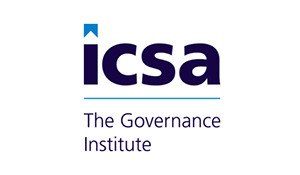The new measure applies to foreigners outside the EU or Switzerland who work in professions that the French government is struggling to meet labour standards known as “occupations in tension”, EU Helpers reports.
Foreigners who have in-demand professions will have their residence permits processed in a dedicated system within a shorter period of time. These workers can take advantage of this measure until December 31, 2026, when the provision expires.
France Has Already Started Preparations for the New Procedure
The Essone prefecture is setting up a dedicated system for processing these residence permit applications. The new procedure applies to foreigners from third countries working in these professions and aims at the regularisation of short-term occupations.
The so-called ‘occupations in tension” in France include carpenters, masons, construction workers or construction foremen, farm or livestock workers, locksmiths, mechanics, and service workers.
Some of the requirements for these workers include:
- Workers need to have a temporary residence permit for one year and practise the professions in demand for at least 12 months or during the last 24 months.
- Workers also should hold a job on the list of occupations in shortage and require proof of continuous residence in France for the last three years.
France Issued Record Number of Residence Permits for Employment Reasons
Based on data from the French Interior Ministry, in 2023, the number of permits granted for employment purposes reached a new high – 54,572, which is the highest recorded.
However, work permits are not the most sought-after permits in France as study permits have become the most required – 108,35 of those were granted in 2023. Since 2021, France issued most study permits, while prior to that period, family residence permits werework the number one.
Maghreb nationals – Algerians, Moroccans and Tunisians are the main beneficiaries of residence permits granted by France in 2023.
Out of 326,954 residence permits issued, Moroccans received 11.2 per cent (36,648) of them. Algerians and Tunisians, on the other hand, received 31,943 (9.7 per cent) and 22,639 (6.9 per cent of the total), respectively.
Although these nationalities top the list for most residence permits granted, those numbers are declining. In 2023, Moroccans were granted 6.6 per cent fewer residence permits than in 2022. Moreover, the issuance rate was higher for Algerians (9.1 per cent) and Tunisians (3.6 per cent).








